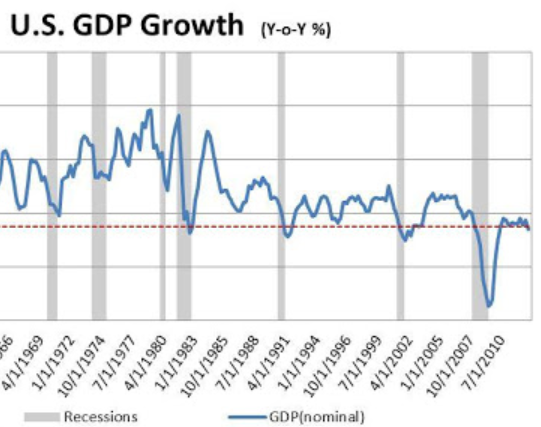Mariner recently read an account of the next phase in AI: Merging corporate data with personal data taken from one’s own computer or smartphone. It is an attempt to “read the interests of the user” in order to provide an instant integration between user interest and what’s related in the cloud. Today’s search engines won’t be needed. The intent is that the cloud and the user are one unified operation. Microsoft will keep its own copy of all files, websites, everything executed on a person’s private computer.
It is fascinating to read arguments from both sides of this objective. AI folks see this progress as a great service to the user; privacy advocates see this progress as not only an invasion of privacy but more broadly see a future where society is managed to the extent that an individual’s ability to reason unique personal solutions for a ‘real’ world doesn’t exist.
When humans aren’t allowed to see genuine reality, their control of reality disappears. Historically, this is the complaint about dictatorships because the dictator determines what matters. Mariner’s oft-cited movies, 1984 and Matrix, are about the loss of individuality because AI dictators say what is real.
Already a person’s budget, housing and other accessories are limited to what is seen on a screen ad page. Could there be other options? Even the banking industry is offering to manage your cash for you – don’t need checkbook records anymore; it is possible to be in debt and not know it.
Mariner knows he is peeing in the ocean. There is no government, no culture, no enterprise that can avoid the move toward replacing one’s individuality with the pseudo compassion of Amazon as to what’s the best deal. In fact, medical science has already made artificial brain parts. Be wary if someone suggests installing a receptacle in your neck; your brain will know only what’s on your smartphone.
Armageddon progresses.
Ancient Mariner



